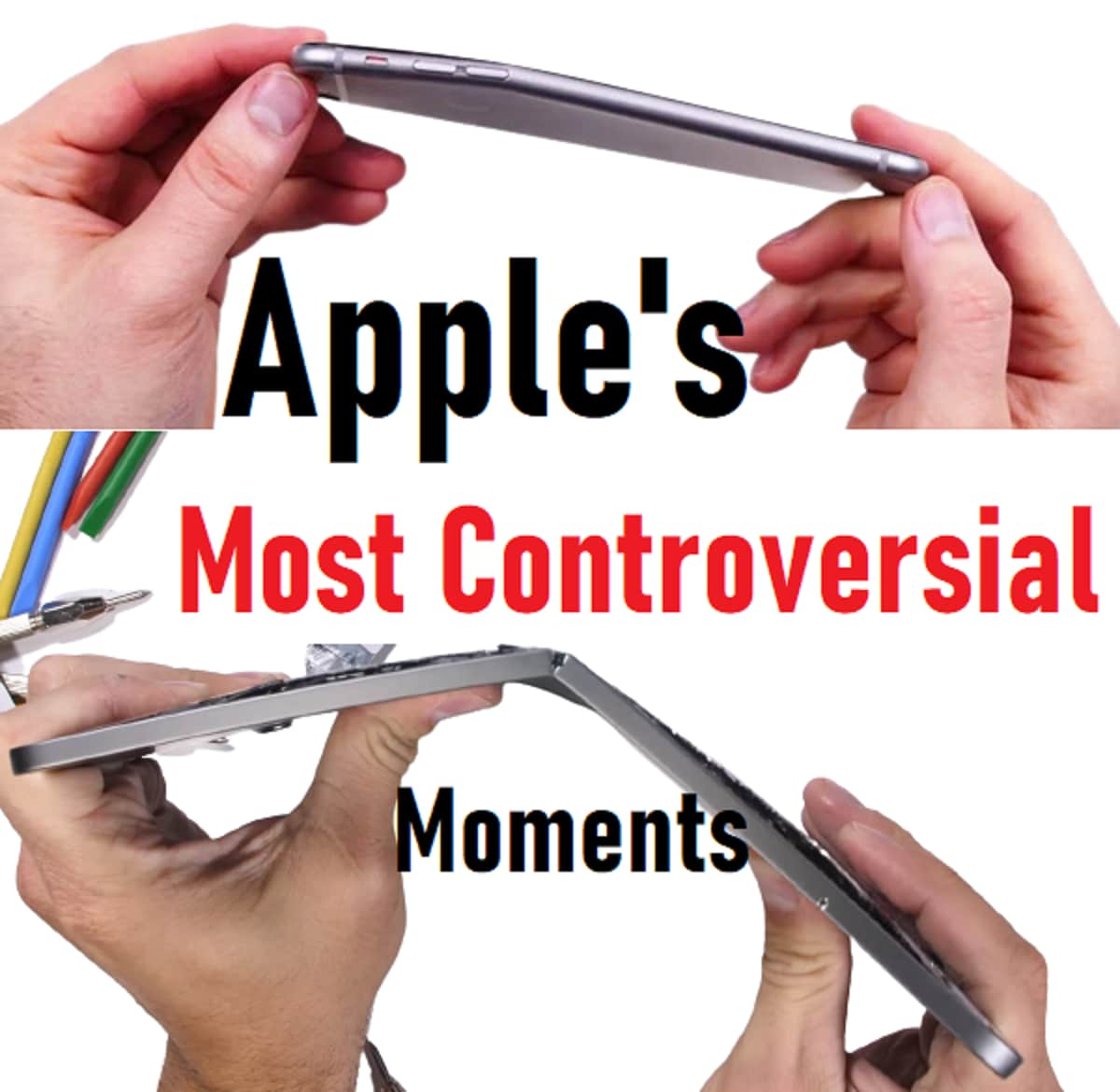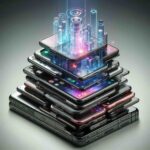Apple is renowned for revolutionary products like the iPhone and Macintosh computer. But the tech giant has also faced its fair share of controversies over the years. Here are 5 of Apple’s most contentious sagas:
1. Epic Games vs Apple’s App Store Monopoly
Epic Games’ hugely popular Fortnite mobile game generated over $1 billion from the iOS App Store by 2019. Apple collected a 30% commission, as per App Store policies.
In 2020, Epic Games triggered a fiasco by bypassing App Store payments through a direct purchase option. Apple responded by banning Fortnite from iOS. Epic Games sued, alleging Apple held an unfair monopoly over app distribution.
Ultimately, courts ruled in Apple’s favor since Epic Games violated their contract. But the high-profile lawsuit fueled ongoing antitrust scrutiny of Apple’s App Store model. Fortnite remains unavailable on iOS to this day.
2. Apple vs FBI Phone Unlocking Dispute
A longstanding tension exists between technology companies and government demands for access to private data. This conflict came to a head during the 2015 FBI investigation of the San Bernardino shooting.
The FBI ordered Apple to create a tool for unlocking the shooter’s iPhone. Apple refused, arguing this “backdoor” could leak and compromise all iPhone users’ privacy and security.
The dispute ended when the FBI paid a third-party firm $1 million to hack the phone instead. But debates over encryption backdoors continue, often citing this seminal case.
3. iPhone “Antennagate” and “Bendgate” Design Flaws
With the iPhone 4 in 2010, Apple introduced an external metal-and-glass design that looked fantastic but caused some functional issues dubbed “Antennagate”.
Gripping the phone’s metal band could severally reduce cellular signal. Apple provided free bumper cases as a fix.
In 2014, some iPhone 6 Plus models showed severe bending in users’ pockets. YouTuber Lewis Hilsenteger famously demonstrated this “Bendgate” flaw.
While overblown, these incidents highlighted durability risks of Apple’s sleek new aesthetic priorities.
4. iPhone Performance Throttling Battery Controversy
In 2017, tests proved old iPhones with worn batteries experienced significant slowdowns. Facing backlash that they deliberately crippled devices, Apple admitted their “battery health management” did slow phones to prevent shutdowns.
While technically justified, Apple’s lack of transparency angered customers. As an apology, Apple offered $30 battery replacements through 2018, with 11+ million users partaking.
5. Multiple Charger and Accessory “Gates”
Apple has faced recurring criticism for proprietary ports and cables, forcing adapter purchases:
- FireWire Gate (1999) – Early iPods only synced via FireWire instead of ubiquitous USB.
- 30-pin Dock Connector (2003) – Lasted a decade before Lightning, but required adapters.
- Lightning Gate (2012) – Replaced 30-pin with smaller Lightning but rendered accessories incompatible.
- Headphone Jack Gate (2016) – iPhone 7 notoriously ditched the 3.5mm jack, pushing wireless.
Apple has always prioritized slim, minimal designs and proprietary technology over universal standards. But customers and critics alike often resent these forced upgrades hampering compatibility.
While Apple has undoubtedly made brilliant game-changing products, their walled garden approach also occasionally backfires when taken too far. Nevertheless, Apple remains one of technology’s most dominant forces today, despite or perhaps because of their controversial history.















